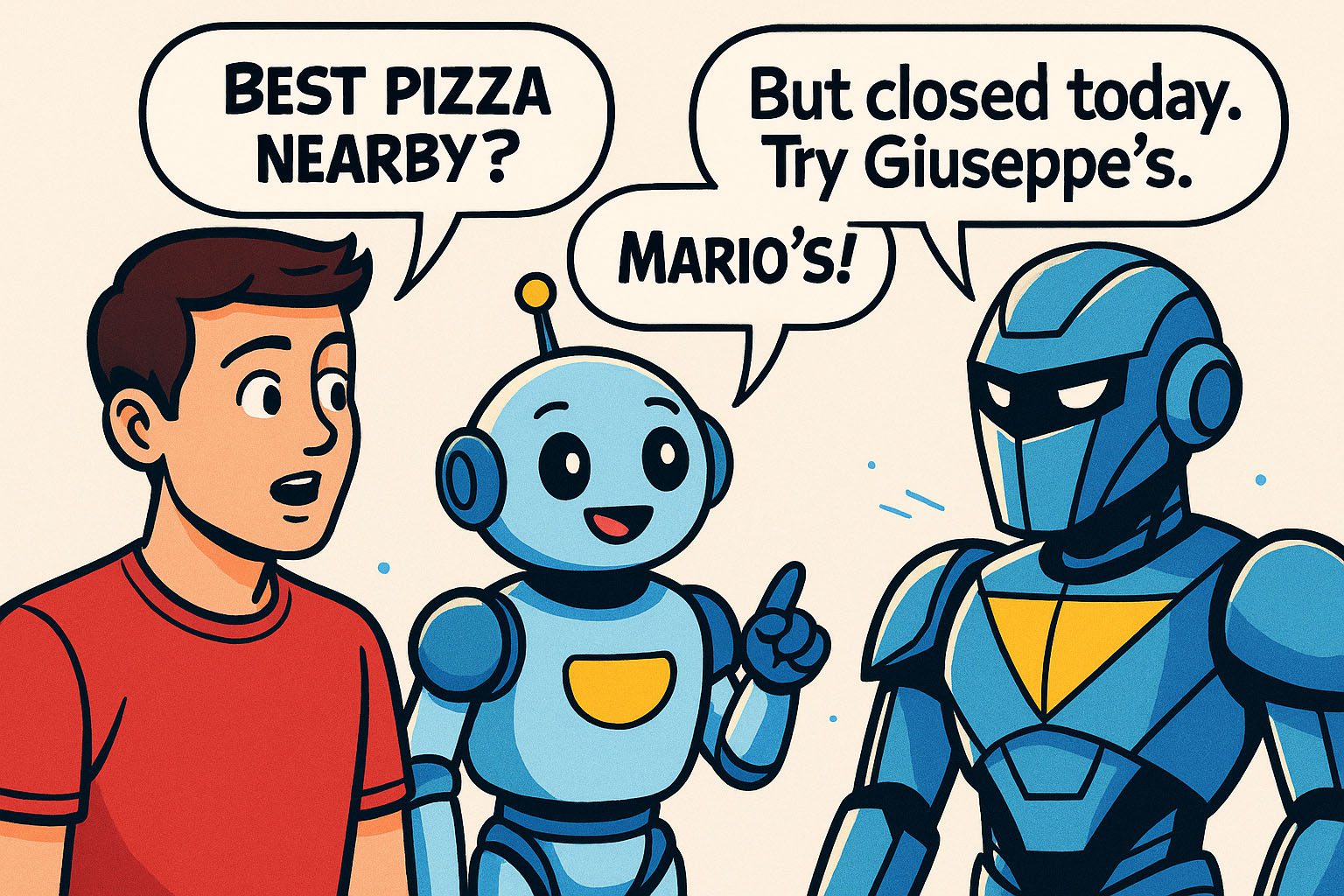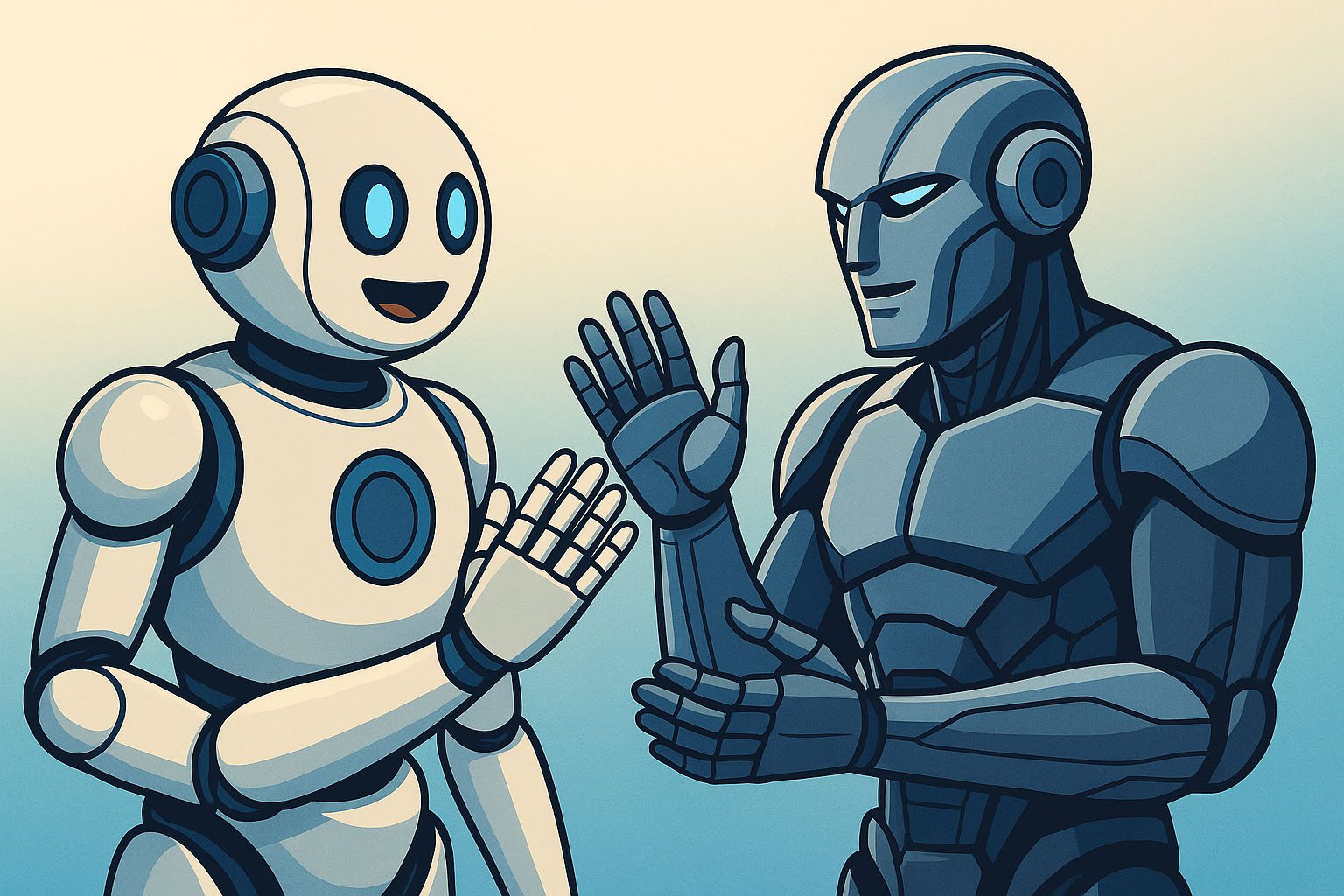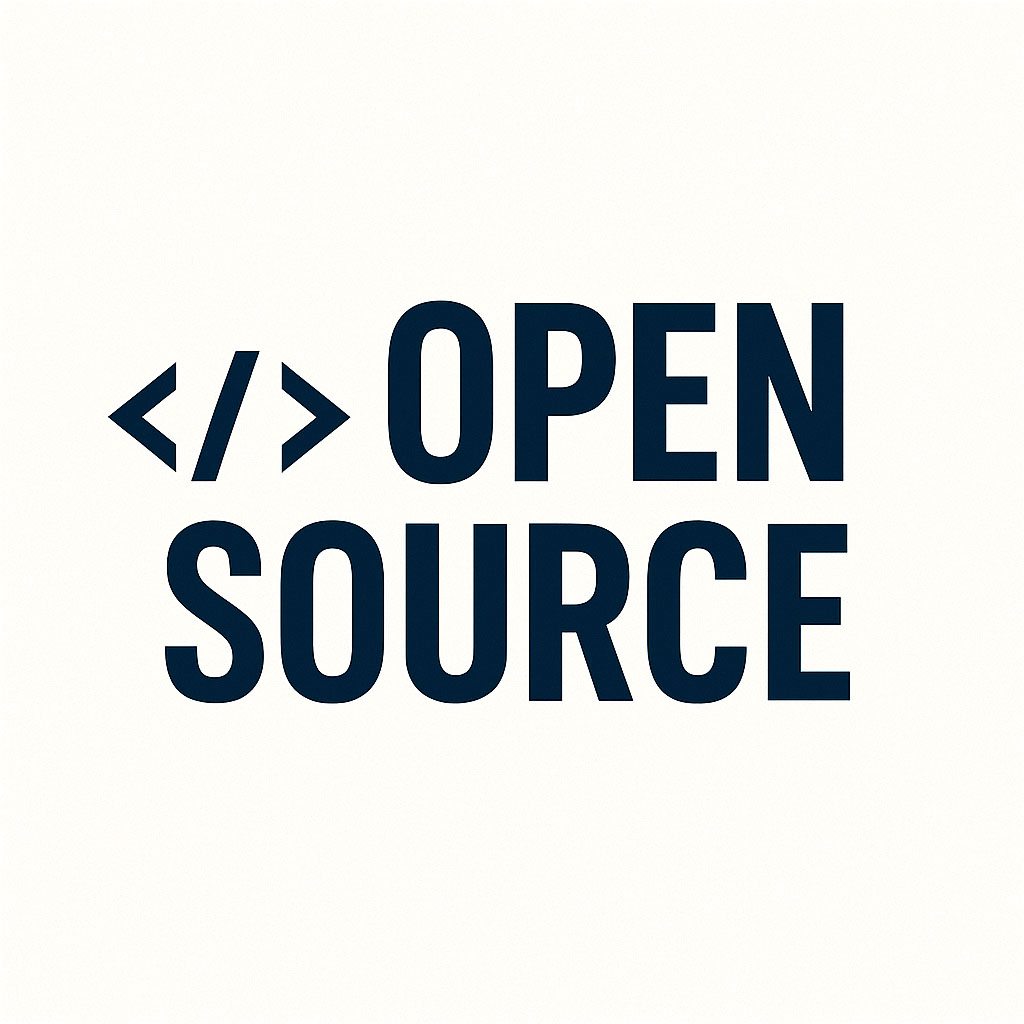I Made ChatGPT and Claude Debate Each Other Until They Agreed

The Problem with Single-Source AI Truth
In Web3, we reject single points of failure. Yet daily, millions rely on individual AI responses without cross-validation. What if we applied decentralized thinking to AI interactions?
I built AI Debate - a tool that orchestrates iterative debates between ChatGPT and Claude until they reach consensus. No central authority. No single truth. Just convergent intelligence through structured opposition.
The Mechanics of AI Consensus
AI Debate implements a simple yet powerful protocol:
// Core consensus mechanism
async function runDebate(question, maxRounds = 5) {
let claudeResponse = await askClaude(question);
let gptResponse = await askGPT(question);
for(let i = 0; i < maxRounds; i++) {
// Cross-pollination of ideas
claudeResponse = await askClaude(`${gptResponse}\n\nYour thoughts?`);
gptResponse = await askGPT(`${claudeResponse}\n\nYour thoughts?`);
// Convergence detection via Jaccard similarity
if(checkConvergence(claudeResponse, gptResponse)) break;
}
return {claudeResponse, gptResponse, rounds: i};
}
Key Observations:
-
Convergence typically occurs within 3-5 rounds
-
Final outputs exceed individual model capabilities
-
Each iteration reveals unique reasoning patterns
-
Bias reduction through adversarial validation
Web3 Philosophy Meets AI

AI Debate embodies core Web3 principles:
Decentralization
No single AI holds authority. Multiple models validate each other, creating resilient intelligence resistant to individual model failures or biases.
Transparency
Watch every debate round unfold. No black box - full visibility into the convergence process. Every iteration logged, every exchange traceable.
User Sovereignty
BYOK (Bring Your Own Keys) architecture. Your keys never leave your browser. No middleman. No data harvesting. No surveillance capitalism.
Permissionless Innovation
Completely open source. Fork it. Modify it. Commercialize it. No licenses. No restrictions. True digital commons.
Technical Architecture
Zero Infrastructure Required:
-
Pure client-side JavaScript
-
Single HTML file deployment
-
No backend dependencies
-
No build process
-
No package management hell
Security Model:
-
API keys stored locally via browser localStorage
-
All API calls direct from client to provider
-
No proxy servers collecting data
-
No analytics or tracking
Convergence Algorithm:
-
Jaccard similarity coefficient on trigrams
-
Configurable threshold (default 0.7)
-
Automatic termination on convergence
-
Maximum round limit prevents infinite loops
Real-World Applications for Web3

Smart Contract Auditing
Multiple AIs review contract code simultaneously. Cross-validation identifies vulnerabilities that single-model analysis might miss.
DAO Proposal Generation
Generate balanced proposals through AI debate. Natural opposition creates more thoughtful, comprehensive governance documents.
DeFi Strategy Validation
Test trading strategies against multiple AI perspectives. Reduce single-model risk in financial decision-making.
Research & Due Diligence
Investigate projects, protocols, and technologies through multi-model analysis. Uncover blind spots through systematic opposition.
Content Creation
Generate balanced analyses, technical documentation, and educational content through iterative refinement.
Implementation Details
The entire tool fits in a single HTML file. No webpack. No npm. No Docker. Just save and open.
<!DOCTYPE html>
<html>
<head>
<title>AI Debate</title>
</head>
<body>
<!-- Complete implementation available on GitHub -->
<!-- Your API keys, your control -->
</body>
</html>
Current Support:
-
OpenAI GPT models (3.5, 4, 4-turbo)
-
Anthropic Claude models (Opus, Sonnet, Haiku)
Planned Additions:
-
Gemini integration
-
Llama support via Replicate
-
Custom model endpoints
-
IPFS storage for debate histories
-
On-chain verification of AI outputs
The Code is Public Domain
No copyright. No patents. No restrictions. This is a gift to the commons.
GitHub Repository: github.com/vividaphoto/ai-debate
Critical Security Considerations
⚠️ IMPORTANT WARNINGS:
API Key Security
-
Use dedicated API keys with spend limits
-
Never share API keys or commit them to repositories
-
Keys are stored in browser localStorage - clear them on shared computers
-
Consider using separate keys for experimentation
Cost Management
-
You are responsible for ALL API costs incurred
-
Both OpenAI and Anthropic charge per token
-
Debates can consume significant tokens (5 rounds = 10 API calls)
-
Set hard spending limits on your API accounts
-
Monitor usage carefully
Terms of Service Compliance
-
Users must comply with OpenAI's usage policies
-
Users must comply with Anthropic's acceptable use policy
-
Automated interactions between models may have implications
-
You are solely responsible for compliance
Legal Disclaimer
NO WARRANTY: This software is provided "AS IS", without warranty of any kind, express or implied, including but not limited to the warranties of merchantability, fitness for a particular purpose and noninfringement.
LIMITATION OF LIABILITY: In no event shall the authors or copyright holders be liable for any claim, damages or other liability, whether in an action of contract, tort or otherwise, arising from, out of or in connection with the software or the use or other dealings in the software.
USE AT YOUR OWN RISK: The user assumes all responsibility and risk for the use of this software. The authors disclaim all warranties and liabilities. You are solely responsible for:
-
API costs incurred through usage
-
Compliance with third-party terms of service
-
Security of your API keys
-
Verification of AI-generated content
-
Any decisions made based on AI outputs
CONTENT VERIFICATION: AI-generated content should never be trusted without human verification. Do not use AI outputs for:
-
Medical decisions
-
Legal advice
-
Financial investments
-
Safety-critical systems
-
Any decision with potential for harm
Try It Now

The future of AI isn't monopolistic control - it's collaborative intelligence through structured opposition.
Access AI Debate:
What Will You Debate?
The tool is ready. The models are waiting. What questions deserve adversarial validation? What truths emerge from structured opposition? What consensus awaits discovery?
In a world drowning in single-source AI responses, AI Debate offers something different: intelligence through opposition, truth through iteration, consensus through conflict.
The debates begin now.
Built with curiosity by @VividaPhotoPC
This is experimental software for research and educational purposes. Use at your own risk. Always verify AI outputs independently.
Appendix: Convergence Examples
Philosophy Question:
-
Round 1: Significant divergence on free will
-
Round 3: Models find common ground on compatibilism
-
Round 5: Nuanced consensus incorporating both perspectives
Technical Question:
-
Round 1: Different optimization approaches
-
Round 2: Each model acknowledges other's valid points
-
Round 3: Hybrid solution emerges
Creative Writing:
-
Round 1: Distinct narrative styles
-
Round 4: Styles blend into unique voice
-
Round 5: Superior story neither could write alone
The magic isn't in the individual models - it's in the space between them.
Support Development
This tool is and will remain free forever. If you find value in AI Debate:
-
Star the GitHub repository
-
Share your debate results
-
Contribute code improvements
-
Build something amazing with it
No donations needed. Your innovations are payment enough.
Final Thoughts
We stand at the intersection of AI and Web3 philosophy. AI Debate proves that adversarial collaboration produces superior outcomes. No central authority needed. No corporate overlord required.
Just code, keys, and convergence.
Welcome to decentralized intelligence.
Technical Addendum
For developers interested in the convergence algorithm:
function jaccardSimilarity(text1, text2) {
const trigrams1 = new Set(getTrigrams(text1));
const trigrams2 = new Set(getTrigrams(text2));
const intersection = new Set(
[...trigrams1].filter(x => trigrams2.has(x))
);
const union = new Set([...trigrams1, ...trigrams2]);
return intersection.size / union.size;
}
Threshold of 0.7 empirically determined through testing. Adjust based on your use case.
Remember: With great AI power comes great responsibility. Debate wisely.